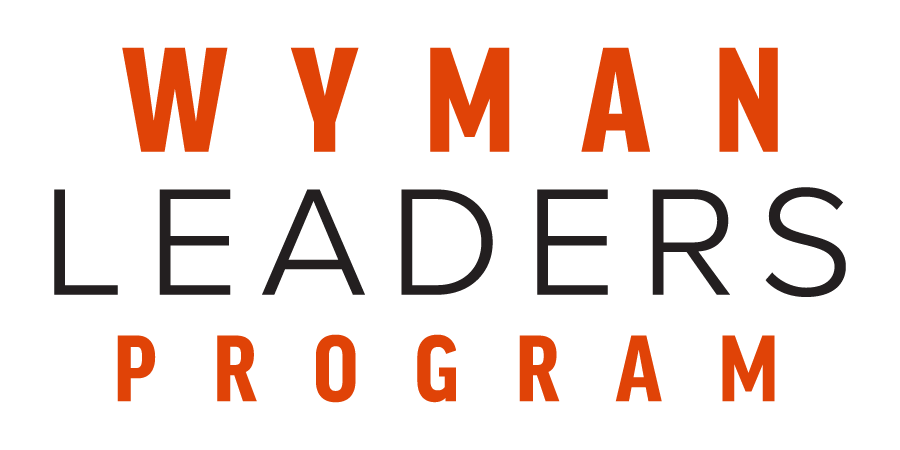

Wyman Leaders Study
Highlights from The Impact of Wyman’s Teen Leadership Program on College Achievement and Retention authored by R. Reed, N. Thomson, & G. Bramman (Published in December 2018)
Access to full article: https://www.ejournalofpublicaffairs.org/the-impact-of-wymans-teen-leadership-program-on-college-achievement-and-retention/
Study Purpose: To examine the impact of Wyman’s postsecondary access programming, Teen Leadership Program (TLP, now known as Wyman Leaders), on these key measures:
- College retention (continuing in the same institution)
- Academic achievement (GPA)
These aspects were studied to understand the overall experience of participants, and staff perspectives on the traits students gain that are essential to college success.
Quantitative Results: Quantitative data from the freshman year of 39 TLP participants, who each attended Missouri State University during the past 3 years, were compared to 82 students with similar characteristics who did not participate in TLP (i.e., graduated from a TLP partner high school; first generation and low-income).
- Of the 39 TLP students in the study, 37 (95%) returned to the institution for their second semester of college. The comparison group of 85 students had 65 return for their second semester (79%), a statistically significant difference, p < .05.
- The mean GPA for the 39 TLP students was 2.88 on a 4.0 scale. The mean GPA for the comparison group was 2.40, a significant difference, p < .05.
Qualitative Results: Fifteen students participated in focus groups. More than half of the participants were female, and the majority identified as African-American. Ten were current freshmen or sophomores; 5 were juniors/seniors. Staff members who had worked longitudinally with students were also interviewed.
Three overarching themes emerged from the qualitative portion of the study as key factors in postsecondary success for low-income, first-generation students:
- Positive adult student relationships,
- Intentional programmatic experiences, and
- Improved self-efficacy.

Learn more about Wyman Leaders
- How it works: Effective partnerships to support equity in degree completion
- Wyman Leaders supports young people to develop life and leadership skills, enter and complete college and career education programs, and create strong community connections. The Wyman Leaders Blogs are a great place to learn more about this proven program.
- Check out the Wyman Leaders program page for outcomes and up to date program information.

